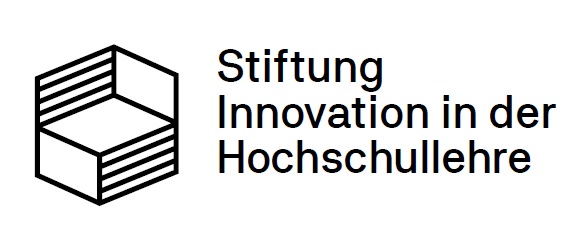Speed-control and monitoring in electrical Systems (SpeCoMoS)

In the age of Industry 4.0, I would like to teach students how to use the technology of the Industrial Internet of Things like a smart factory. In cooperation with the TU Ilmenau, a remote lab will be designed and set up in such way that:
- the rotational speed of an electric motor can be recorded,
- the analog to digital converted data can be processed and
- the rotational speed can be regulated via pulsed operation in a closed loop.
The aim is to enable the students to program real-time hardware via remote access and to get visual system feedback. The handling of modern data acquisition with oscilloscope should be trained and the basic principles of digital signal processing can be demonstrated and applied. The experiment is divided into several sub-experiments. In the first part, the speed is to be recorded using a pulse generator in such a way that the pulses can be counted over a fixed gate time via a digital input. In the second part of the experiment, a digital controller should be implemented by the students in the controller in such a way that the speed is kept constant by switching various loads. The load change is realized with a generator which is driven by the electric motor and various loads can be connected via a simple switching matrix. Output voltage and current are recorded, so the students can independently check whether the solution works or not. The remote-laboratory should be accessible via the GOLDi (Grid of Online Laboratory Devices Ilmenau) platform of the TU Ilmenau. The development of a lab-access-hardware is necessary for the integration into the GOLDi-infrastructure.
Contact
DHGE – Duale Hochschule Gera-Eisenach
Cooperative University
name: Prof. Dr.-Ing. Falk Liebold

